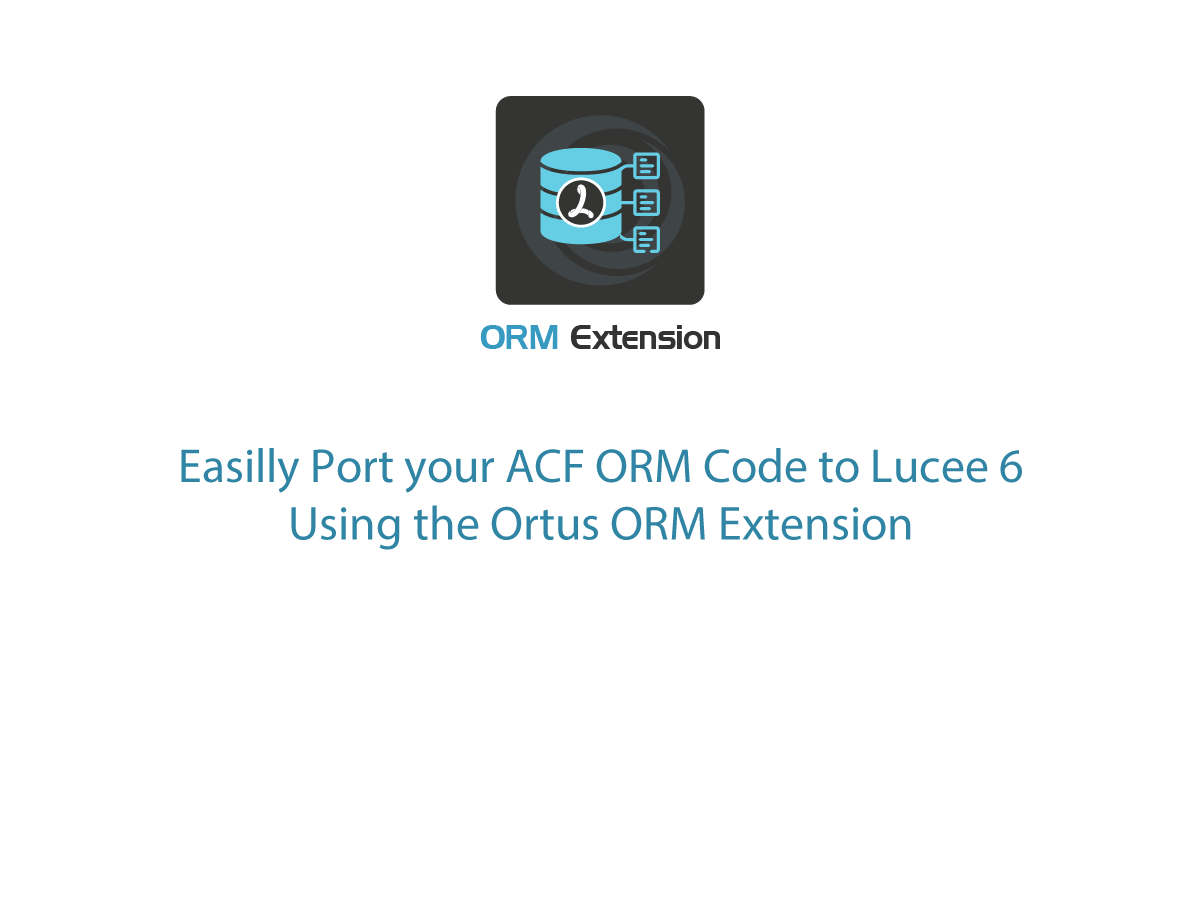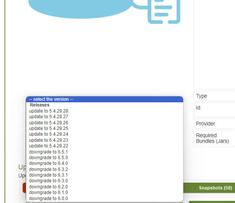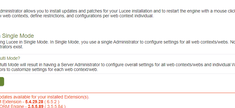Easilly Port your ACF ORM Code to Lucee 6 Using the Ortus ORM Extension
|
Jun 23 |

I have completed integrating Lucee support for Galaxie Blog and am now working on adding new CMS features. However, I want to write a quick blog post indicating my success using the Ortus ORM extension for Lucee.
Table of Contents
Background
One of my main goals for Galaxie Blog is that it should be one of the most comprehensive out-of-the-box blog platforms. I have created an enormous code base with over 75k lines of ColdFusion code to achieve this goal! I also wanted Galaxie Blog to run on all modern databases and chose to implement ORM. Due to the extensive functionality of Galaxie Blog and wanting to normalize the database, I have over 60 database tables.
When I initially sought to port the Adobe ColdFusion code over to Lucee, due to the enormous number of database tables and extensive ORM-related code, I worried I might have to replace ORM with code that worked with MySql natively. However, my worries were misplaced with the most recent Ortus ORM extension for Lucee.
My Experiences with Ortus ORM Extension for Lucee
I tried several different combinations of Lucee and Ortus ORM with varied results. I tried using Lucee 5.4.29 with several Ortus ORM extensions, but all failed. I would receive various errors—sometimes, a few of the tables would not be created, and I received other odd errors. After trial and error, I successfully used Ortus ORM Extension 6.52 with Hibernate 3.5.5.84 and MySql 8.4 with Lucee version 6.0.3.1.
Other than having to change the order in which ORM was initialized on the application.cfc and some date formatting issues, all of the ORM-related code works and is identical between Adobe ColdFusion 2023 and Lucee 6.0.3.1
Lucee Documentation Errors
One thing to note is that the Lucee Administrative site reports that the Ortus ORM Extension 5.4.29.28 is the latest version. Lucee also erroneously reports that version 6+ is a downgrade. I could not get any version of 5 working, so you should ignore this.
Further Reading
Tags
Ortus ORM Extension for Lucee|
|
Gregory Alexander |
|
Hi, my name is Gregory! I have several degrees in computer graphics and multimedia authoring, and I have been developing enterprise web applications for the last 25 years. I love web technologies and the outdoors and am passionate about giving back to the community. |
|
This entry was posted on June 23, 2024 at 10:56 PM and has received 1048 views.
Comments
There are 0 comments.


